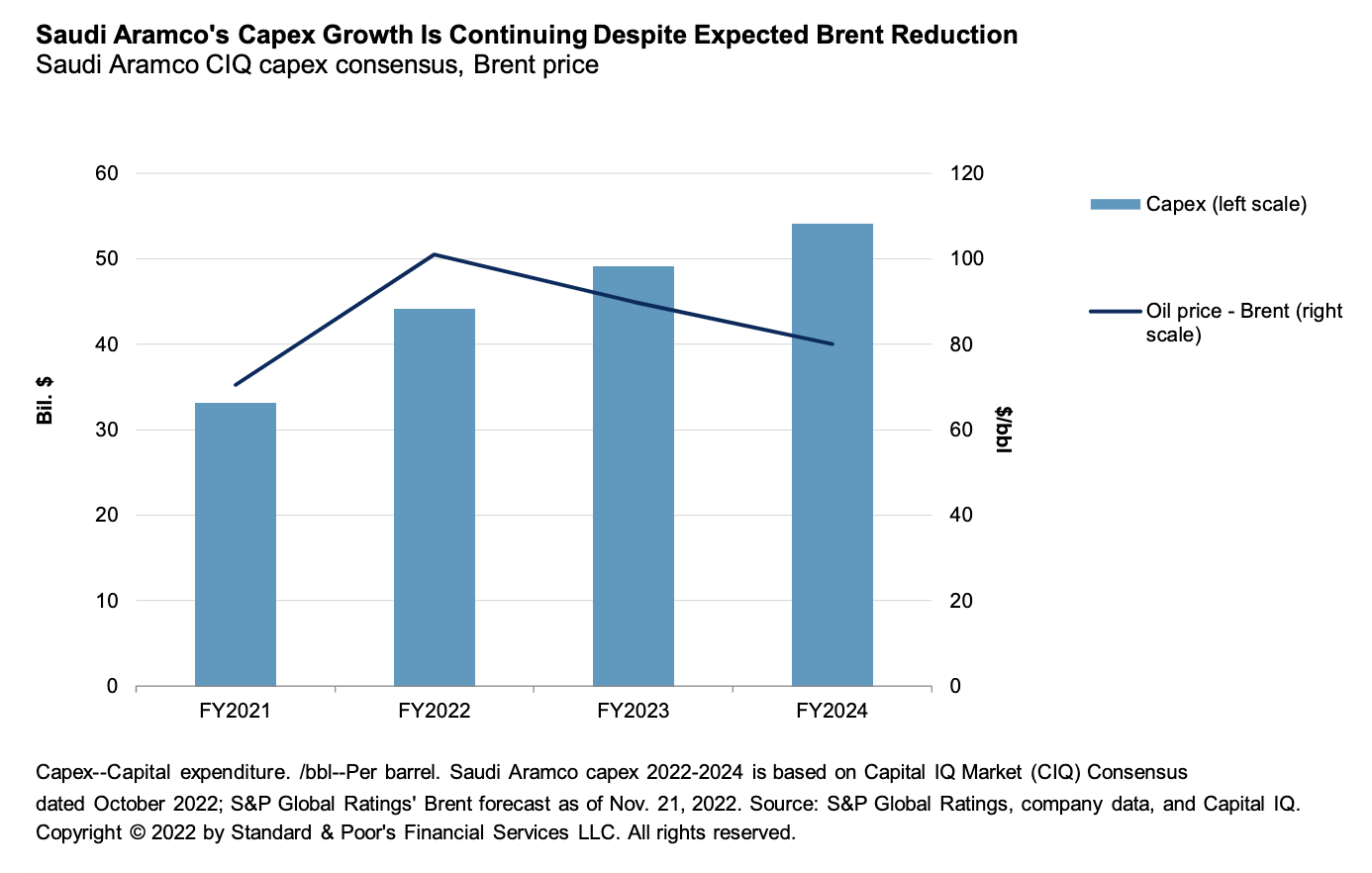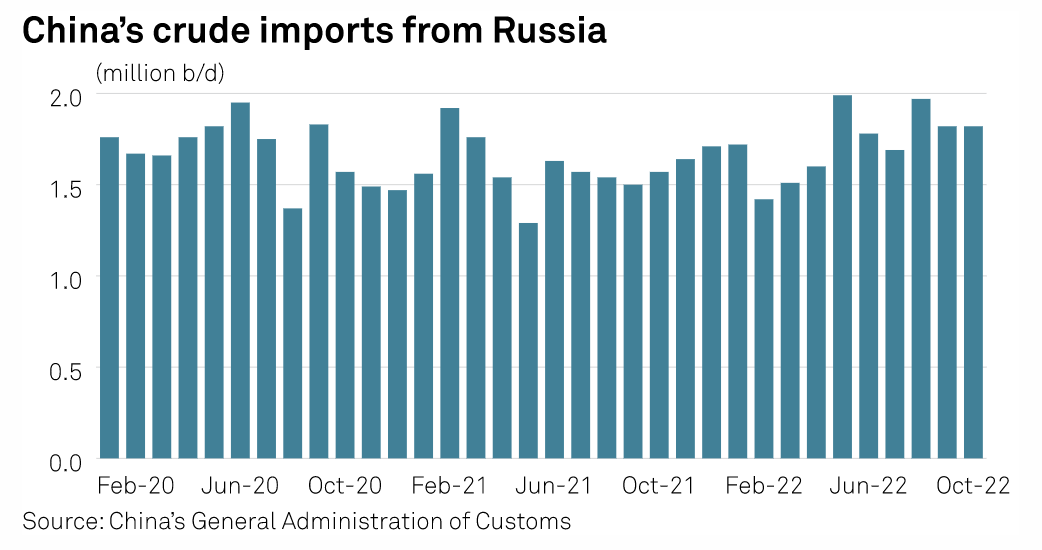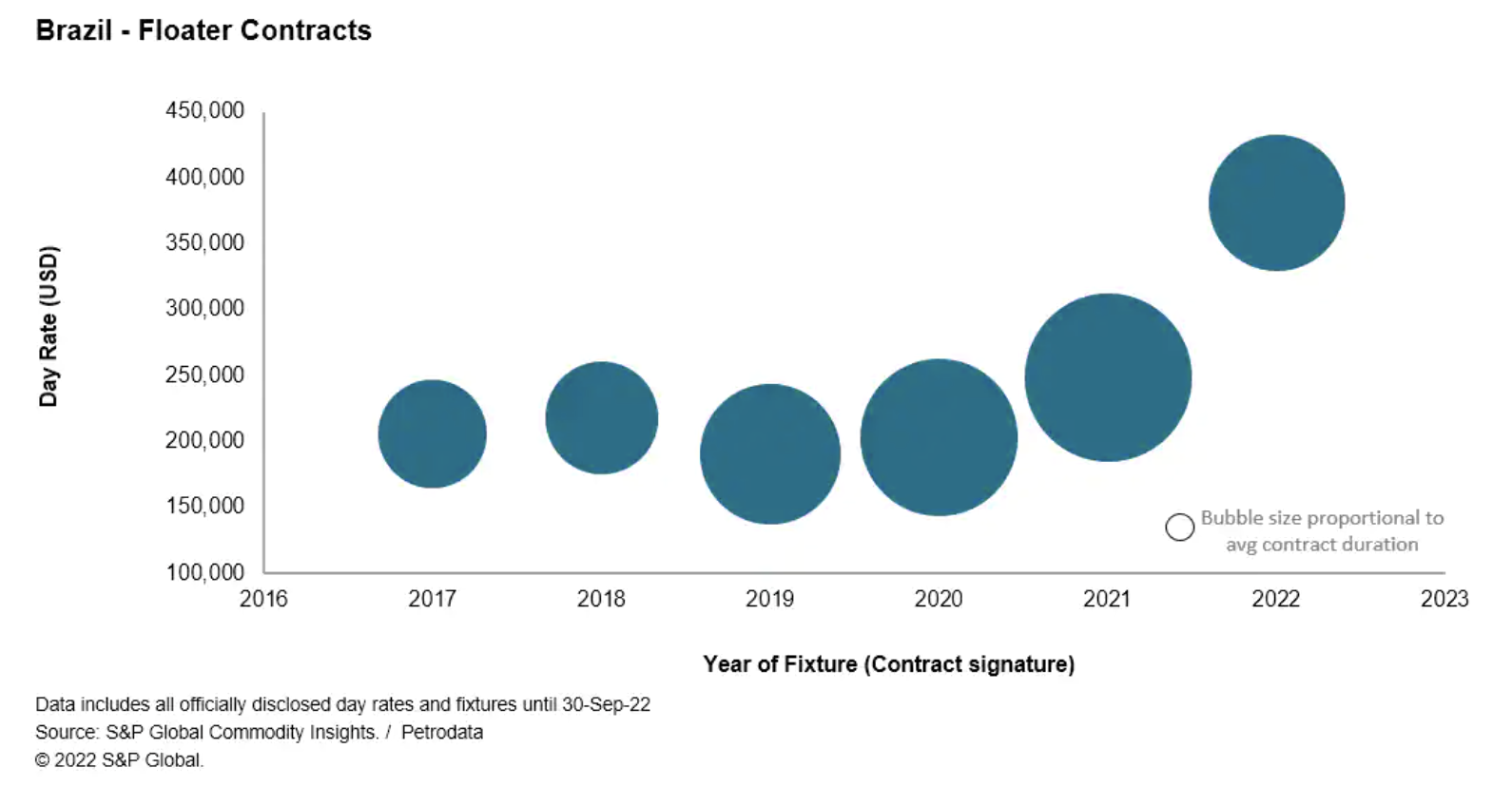Featured Topics
Featured Products
Events
S&P Global Offerings
Featured Topics
Featured Products
Events
S&P Global Offerings
Featured Topics
Featured Products
Events
S&P Global Offerings
Featured Topics
Featured Products
Events
Language
Featured Products
Ratings & Benchmarks
By Topic
Market Insights
About S&P Global
Corporate Responsibility
Culture & Engagement
Featured Products
Ratings & Benchmarks
By Topic
Market Insights
About S&P Global
Corporate Responsibility
Culture & Engagement
S&P Global — 7 Dec, 2022 — Global
By S&P Global
Start every business day with our analyses of the most pressing developments affecting markets today, alongside a curated selection of our latest and most important insights on the global economy.

Supply Chain Resilience Draws Focus in Increasingly Volatile World
Avoiding and managing supply chain disruptions has risen to the top of corporate agendas after upheavals caused by COVID-19 and the war in Ukraine.
S&P Global’s Supply Chain Survey Report 2022 reveals that resilience was the near-term risk most cited by supply chain managers, with 35% of survey respondents picking it as their main immediate challenge. Economic stability ranked second with 24%, ahead of global security on 17%.
The importance of weathering unexpected disruptions has grown as once-reliable global supply chains are upended by China’s COVID-19 lockdowns, port traffic jams and global microchip shortages. The fallout from the Ukraine war, U.S.-China trade tensions and last year’s shutdown of the Suez Canal have also highlighted how fragile supply chains can be.
“Nowadays, we go from one crisis to another, to another,” Sébastien Bals, chief procurement officer at biopharmaceutical company UCB, said in an interview for State of Flux’s “Building Resilience” report, sponsored by S&P Global KY3P. “The time to recover after any one of them has been significantly reduced. If your supply chain cannot cope with these fluctuations, your overall resilience diminishes.”
A key step in boosting supply chain resilience, according to State of Flux, is making better use of data to evaluate suppliers across criteria including financial stability; cybersecurity; environmental, social and governance; and geography. Companies are falling short in this area, as about one in five only use Excel spreadsheets to manage supplier data, and 13% have no system at all, the consultancy said. The sheer scale of this data is also prompting many companies to outsource this task.
Other ways of improving supply chain resilience include deploying workflow technology to streamline supplier management and more effectively collect and share information. The value of these systems was highlighted after Russia invaded Ukraine, as users were able to quickly model the impact on their supply chains, State of Flux said. The consultancy highlighted the importance of assessment in supplier management and of specialized supply chain skills.
Companies have also sought to bolster supply chain resilience by overhauling operations. Automakers, for instance, are pivoting away from Toyota’s just-in-time production methods amid disruptions in semiconductor supplies, according to Matteo Fini, vice president of automotive supply chain and technology at S&P Global Mobility. The industry is ditching lean inventory methods and instead building up stocks of key parts to ease the risk of line shutdowns, which cost as much as $50 million a week.
“It costs peanuts to have that inventory compared with having a line stoppage,” Fini said.
Global supply chain resilience will likely be tested further, not least because the shipping industry is still dealing with the fallout from pandemic lockdowns. Shipping lines expect problems to last through the first half of 2023, according to a report by S&P Global Market Intelligence, as increasingly widespread port congestion adds further pressure to already record-low schedule reliability. Key global transit points, such as the Panama Canal, the Suez Canal and the Strait of Malacca, could also suffer disruptions due to risks such as piracy or cyberattacks, the report said.
This variety of risks means supply chain resilience will remain a key topic into 2023 and beyond for corporate executives worried about earnings and for government officials looking at the wider economy.
“Supply chains used to be something that only supply chain managers talked about,” said Daniel Yergin, vice chairman of S&P Global. “Now it is part of the profit reporting by major companies and a significant factor in inflation and, for some countries, in [gross domestic product].”
Today is Wednesday, December 7, 2022, and here is today’s essential intelligence.
Written by Neil Denslow.
Saudi Arabia's Vision 2030: Some Likely Winners

The overarching goal of Saudi Arabia's Vision 2030 is diversifying away from hydrocarbons. The plan has led to significant project announcements across various corporate sectors. We understand that the country's investment needs are significant given the many government schemes, investment commitments, and private sector spending plans through to 2030.
—Read the report from S&P Global Ratings
Access more insights on the global economy >
Diversification Beyond Borders

Academic theorists often assert the decision of where to invest as more important than the decision of what to invest in. Studies suggest that up to 90% of investment returns are attributable to location. Regional equity indices represent different combinations of geographic and sector exposure. These differences can potentially improve the diversification benefits available when combining indices.
—Read the article from S&P Dow Jones Indices
Access more insights on capital markets >
Asia May Have Bandwidth To Absorb Half The Russian Crude Displaced After EU Sanctions

Asia may be able to incrementally absorb only half the Russian crude volumes displaced as a result of the European Union sanctions taking effect, and the price cap of $60/b may not be able to create immediate hurdles for oil flows from the non-OPEC supplier, analysts and traders told S&P Global Commodity Insights Dec 5. While Russia has been arranging a fleet of ships that could let oil to continue flowing to Asia and to other alternate destinations, most non-EU buyers have also been working with non-EU insurance companies to ensure that trade flows do not break any sanction guidelines, they added.
—Read the article from S&P Global Commodity Insights
Access more insights on global trade >
Listen: Advocacy Firm Teaches Legacy Energy To Challenge The Climate Narrative
Policy and culture in the US have aligned to paint Big Oil as the bad guy, and its time the industry started fighting back, according to Ellen Wald and Jacqueline Plunkett, who launched Washington Ivy Advisors to advocate for the necessity of legacy energy. Wald, who serves as chief industry officer at the firm, and Plunkett, the firm's chief strategy officer, want to put an end to the combative rhetoric that pits fossil fuels against renewables so the resources can work hand in hand, with fossil fuel investment spurring on clean energy investment. They joined the podcast to explain the social equity need for legacy fuels and how the anti-fossil fuel cultural barrage could be doing more harm than good to the energy transition movement.
—Listen and subscribe to Capitol Crude, a podcast from S&P Global Commodity Insights
Access more insights on sustainability >
Brazil Offshore Drilling Market - The Upcycle Gains Momentum

The global offshore drilling market is picking up strongly since the past year and the uptick accelerated during the current year. The offshore drilling segment, which is commonly seen as one of the most critical components of the drilling value chain, is getting stronger and gradually tighter. This is underscored by trends observed across key indicators such as global marketed utilization, average contract duration, and day rates across both shallow and deepwater segments. All of them experienced an inflection point around 2018 and are consistently growing despite minor retreats during the COVID-19 outbreak.
—Read the article from S&P Global Commodity Insights
Access more insights on energy and commodities >
Linear Ad Sales Remain Strong, While Tubi Continues To Build, Fox CFO Says
With strength across its sports, news and streaming properties, Fox Corp. CFO Steven Tomsic was sanguine in assessing the company's overall position in the advertising market. At a Dec. 5 investor conference, Tomsic said sports, in particular, is performing well. The NFL continues to set itself apart from other broadcast assets, and "great cash" is coming in for the World Cup, according to the executive.
—Read the article from S&P Global Market Intelligence